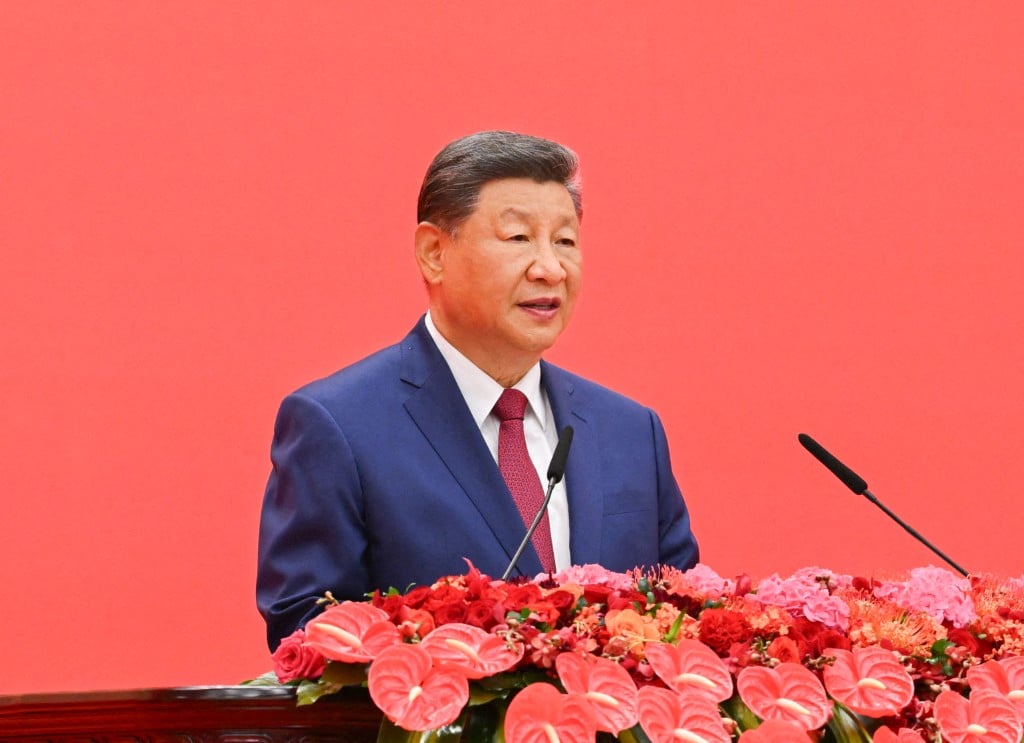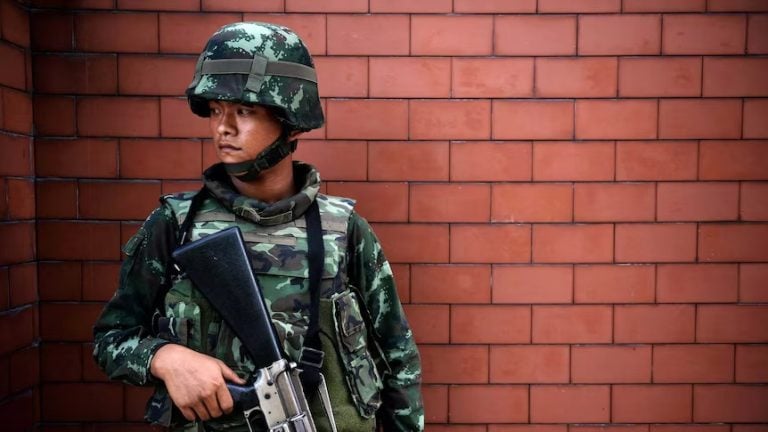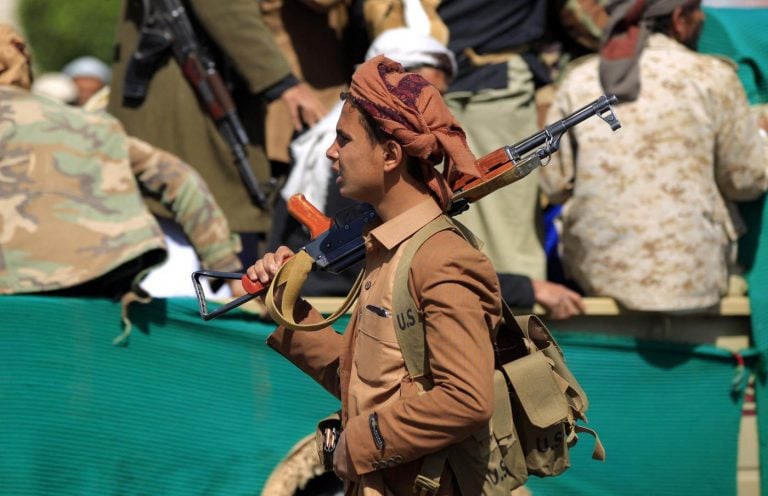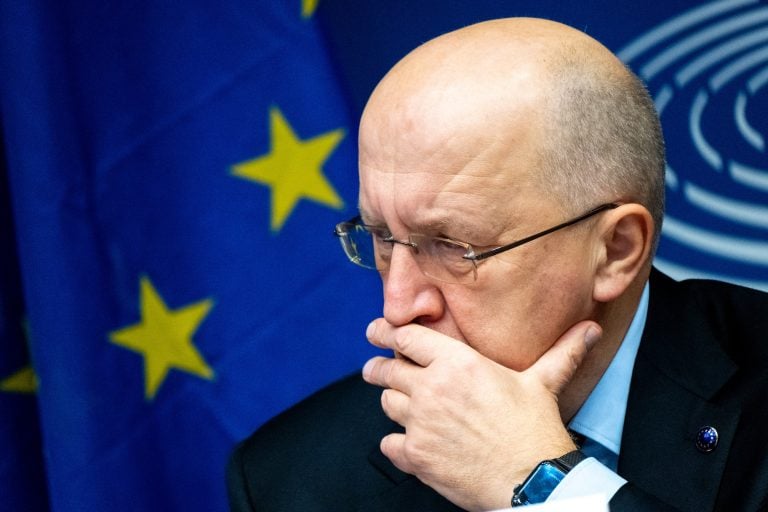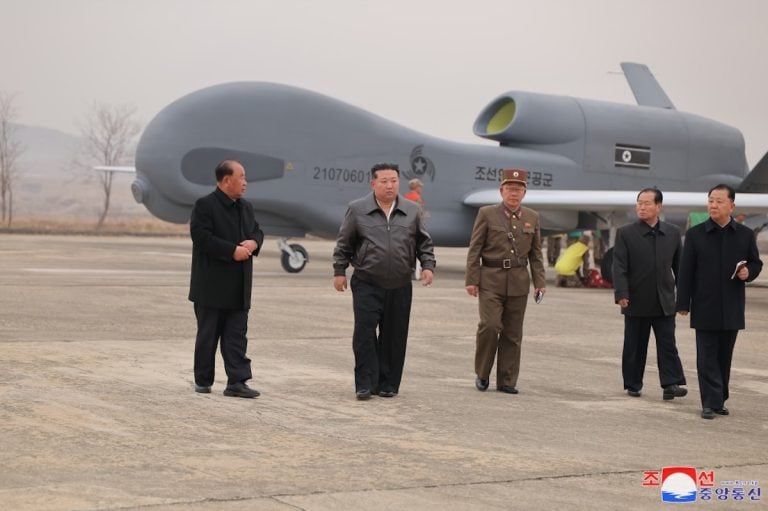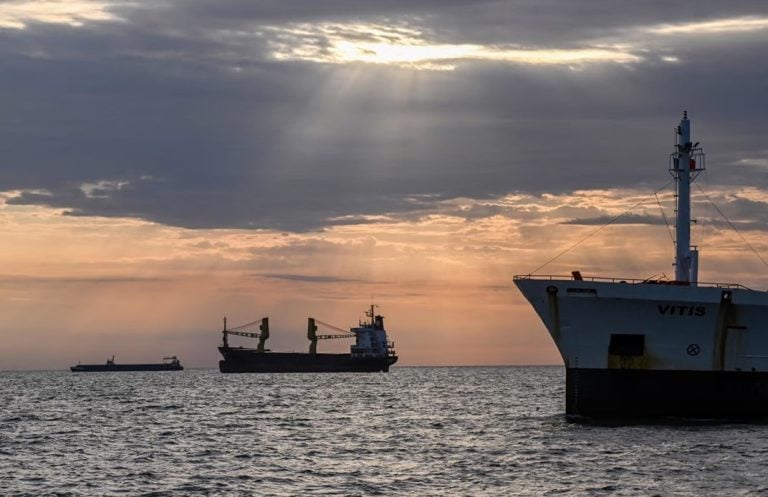China has expressed strong concerns regarding Papua New Guinea’s recent agreement to finalize a mutual defense pact with Australia, a move perceived by many as a strategic counter to Beijing’s expanding influence across the Pacific region.
This week, Australia and Papua New Guinea confirmed that they have agreed on the text of a defense deal that commits both nations to defend each other against armed attacks. The pact is a significant step in strengthening ties between the two countries amid rising geopolitical tensions in the area.
In response to this developing situation, a spokesperson from the Chinese embassy in Port Moresby articulated that while China respects Papua New Guinea’s autonomy to forge international agreements, it cautioned against any arrangements that are exclusive or that may restrict Papua New Guinea’s ability to engage with other nations. The spokesperson emphasized the need for the agreement not to “target any third party” or compromise China’s legitimate rights and interests.
China urged Papua New Guinea to continue fostering “mutually beneficial cooperation” and maintain its independence and self-reliance in foreign affairs. This caution comes in the wake of China’s significant financial investments in the Pacific region over the past decade, including funding for hospitals, sports facilities, and infrastructure projects aimed at strengthening friendly ties with Pacific nations.
As Australia seeks to bolster its presence and influence in the Pacific, the defense pact has been met with notable scrutiny in light of China’s ongoing economic endeavors. The agreement, which is expected to be formally signed post-cabinet discussions in both Australia and Papua New Guinea, underscores the anticipated geopolitical shifts in the region.
Key to the treaty is a provision that states any engagement with third parties must not undermine the implementation capabilities of the agreement itself, implicitly addressing Chinese relations. Papua New Guinea’s Prime Minister James Marape announced his intent to send Defense Minister Billy Joseph to China for discussions concerning the agreement, suggesting an effort to manage relations with both superpowers effectively.
Papua New Guinea, standing as the largest and most populous state in Melanesia, has been navigating its relationships carefully, particularly as China’s influence grows. Beijing’s strategic economic partnerships are paying off, highlighted by recent shifts in diplomatic ties in favor of China from nations such as Solomon Islands, Kiribati, and Nauru, all of which have severed their relationships with Taiwan in recent years.
This unfolding scenario illustrates the complexities and challenges facing Pacific nations as they balance their diplomatic and defense strategies amidst the competing interests of global powers like China and Australia.
